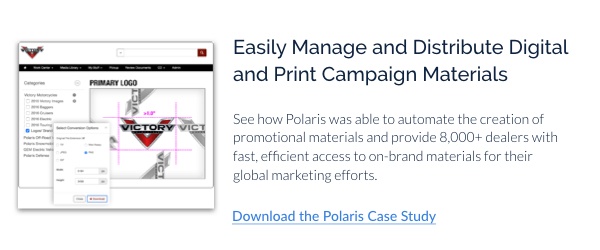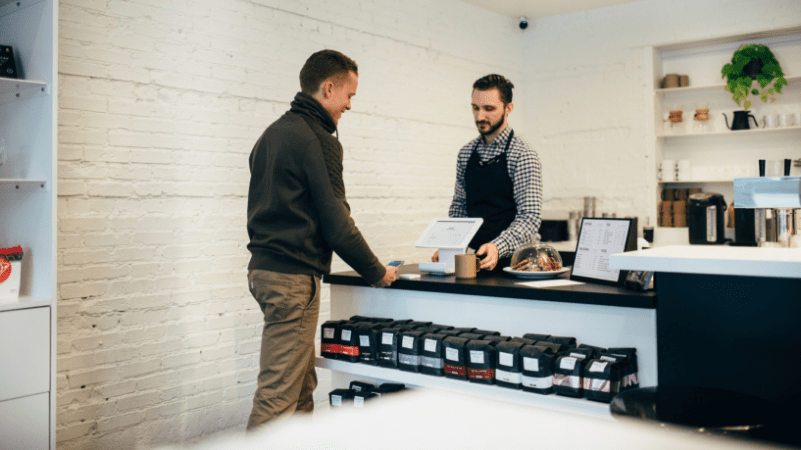Managing local marketing strategies for companies with multiple sites is a challenging prospect, even for experienced marketers. Balancing corporate and regional goals and strategies, and maintaining a consistent brand identity across locations and channels is difficult in itself – and doing that while creating and supporting local marketing efforts adds another layer of complexity to an already complicated endeavor.
While local marketing for multi-location businesses is a complicated process to manage, creating a comprehensive strategy to maximize the effectiveness of marketing opportunities can help to increase sales, revenues and the ROI of marketing efforts.
Here are local marketing tactics have proven very useful for multi-location companies, including:
1. Email Marketing
A recent survey found that email marketing was the most effective tactic for supporting local marketing efforts, with 31% of responses. To maximize the effectiveness of email campaigns for local initiatives, companies may:
• Build the email list, by asking for emails at the register for in-person visits, or offering a sign-up discount or incentive for giving an email address
• Tie-in local events, either in-store or events sponsored by the franchise
• Strengthen the subject line with local information or references
• Personalize the email, by name and if possible, purchase history
2. Localize Digital Presence
Creating location-specific web pages and social media personas help to connect local customers with a specific site. The connection between customer and location can then be reinforced with the inclusion of location-specific contact information, staff information, testimonials, comments, and pictures.
Learn more: 4 Ways To Improve Your Company's Social Media Strategy
3. Manage Reviews
Businesses that underestimate the importance of reviews to potential customers may feel its effect on the bottom line. A recent survey found that 97% of consumers read online reviews for local businesses in 2017, and 85% trust online reviews as much as they do personal recommendations from friends or family.
And while negative reviews aren’t ideal, a report from Revoo showed that 68% of customers trust reviews more when they see both good and bad, and 95% suspect faked reviews or censorship when they see only positive reviews.
Monitoring online reviews and responding to any negative comments can not only make existing customers feel heard (and potentially retained), but it can also help to make the overall reviews of the location more trustworthy to potential new customers.
4. Sponsor Local Events
Local events usually require only a token amount for sponsorship, and they can be a great way to raise a franchise’s local profile. Not only is the business promoted as a sponsor of the event, but it’s often included in promotional materials for the event, and the business can advertise itself as a sponsor on its local web or social media pages. Sponsorship of a local event gives a company the opportunity for a decent return on a minor investment while doing good for the community.
5. Incorporate Geolocation
Data about customer habits, including where they eat, shop, work, and socialize is becoming increasingly available. Using data analytics to turn geolocation data into actionable insights may provide a local business with a significant competitive advantage.
Geotargeting customers with personalized offers based on proximity to a retail location can boost sales, in-store visits, and overall revenues. Further, geotargeting may lead a business to discover customer overlap with other local companies that could lead to lucrative, organic partnerships.
6. Personalize Assets
More than 90 percent of retailers say personalizing content is a top priority. Having assets that are customized for a specific location, rather than just corporate materials, help to build a personalized relationship with customers. Local marketing teams can create a marketing asset that reflect the interests of a specific community to maximize local impact. In fact, companies that leveraged personalization were able to drive between 5 and 15 percent revenue growth for companies.
While personalizing assets is an effective local tactic for multi-locational companies, not all local marketers have the skills or materials needed to create customized marketing materials vital to driving growth. Many large companies leverage a distributed marketing platform, like CampaignDrive, to ensure marketers at the local level are equipped with the proper materials needed to launch effective local marketing campaigns.
CampaignDrive eliminates the need for corporate marketing teams to create marketing assets for local teams, streamlining the creative process and empowering local teams to create assets when they need them. Corporate marketing teams can easily upload on-brand assets onto the CampaignDrive platform to ensure brand consistency company-wide. Local marketing teams can then quickly customize for their needs to respond to regional trends and drive sales at the local level.
Request a demo with CampaignDrive to learn how your local marketing team can easily personalize branded marketing assets to drive revenue growth.
Sources:
https://streetfightmag.com/2018/09/25/survey-multi-location-brands-most-effective-local-marketing-tactics/
http://www.thinkwrap.com/blog/the-importance-of-customer-reviews
http://www.katmatfield.com/static/documents/bad-reviews-are-good-for-business.pdf
https://www.mckinsey.com/business-functions/marketing-and-sales/our-insights/no-customer-left-behind





